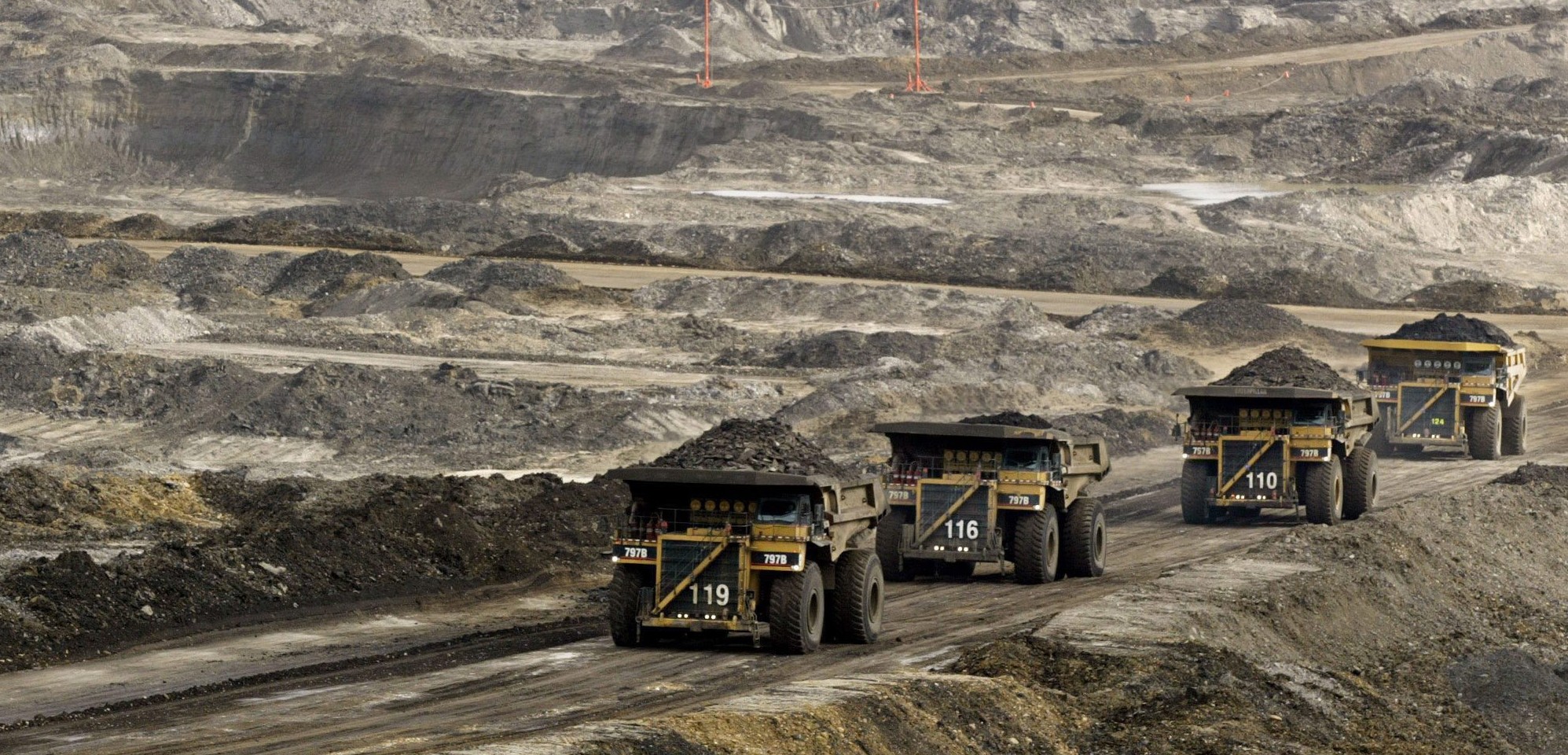Alberta has affirmed its position as a dominant member of Canada’s revenue generating arsenal. The province has experienced unprecedented fiscal growth in recent years as a result of its soaring commodity profits, which have positioned Alberta to experience a projected $1.1-billion surplus. The decade-long development of Alberta’s energy sector has garnered large taxation income which the provincial government intends to use to construct schools, improve access to healthcare and upgrade roads.
Two prominent energy corporations within Alberta who have contributed to the province’s economic success are TransCanada and Kinder Morgan. The companies are currently preparing to increase the rate at which they harvest energy resources within Alberta, and possess ambitious plans to develop critical pipeline infrastructure in order to export their reserves and further amass capital earnings. Company officials insist their choice to develop an influx of commodity supply will only be profitable if such supply can be successfully transferred from land-locked Alberta and exported to trading partners at ports.
From a fiscal standpoint, the Conference Board of Canada maintains Kinder Morgan’s TransMountain pipeline development project will produce “significant economic benefits, with revenues and profits to the oil companies higher by $45 billion as a result; with $14.7 billion contributed in royalties and provincial and federal taxes.” Furthermore, a recent Deloitte study indicated TransCanada’s Energy East project “will generate close to $20 billion in GDP for Ontario and Quebec combined, and almost $6 billion in tax revenues.” TransCanada’s well publicized project, the Keystone XL pipeline, is designed “to carry more than 550, 000 barrels per day to the Gulf of Mexico.” Capitalists naturally view the implementation of such projects as tremendously profitable for the private and public sector within Alberta.
However, environmental experts maintain Canada’s current trajectory of growth in oil sands production would make it impossible for the nation “to meet its commitment to reduce greenhouse-gas emissions by 17 per cent from 2005 levels by 2020.” In the U.S., the environmental advocacy group Environmental Entrepreneurs recently wrote a letter to U.S. Secretary of State John Kerry concerning the Keystone XL Alberta oil sands pipeline. The groups’ members stated the project would burden the U.S. economy “with more than an estimated $100 billion in costs to address carbon pollution problems.” Despite analytical guidance from environmental experts, Alberta Premier Jim Prentice insists Albertans are determined to see the province’s crude exported from North America. The Premier publicly announced, “The province won’t unilaterally impose levies or regulations that would cripple the competitiveness of its most important industry.”
Capitalists have declared their support for the monetary benefits that growth in oil sands production can provide for furthering Alberta’s fiscal growth agenda and for financing the $300-billion indebted national Canadian economy. Environment advocacy groups have outlined the tangible and intangible costs associated with environmental degradation resulting from increased production. In order to achieve positive and cohesive progress, advocates and critics of Alberta’s increased role within energy markets must develop mutually beneficial development agendas, which serve to provide sustainable fiscal growth while adhering to global regulatory environmental protocols.





